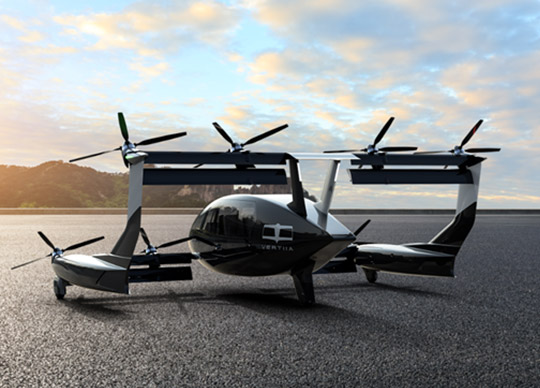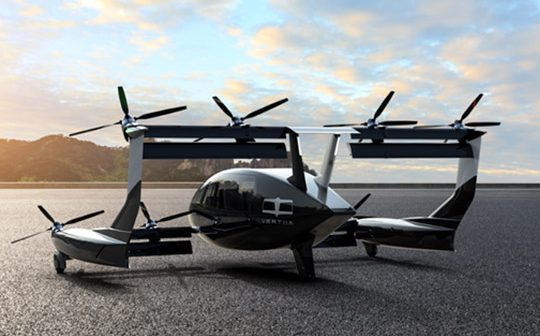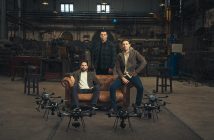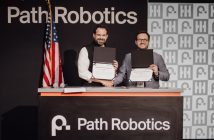
Australian green aerospace company AMSL Aero has announced that Vertiia, the world’s most efficient and longest-range Electric Vertical Take Off and Landing (eVTOL) aircraft, has successfully completed its maiden test flight.
This is the first ever flight by an Australian-designed and built eVTOL, which is the new generation of aircraft that take off and land like a helicopter but fly like a plane.
Vertiia completed its tethered hover by remote control in the Central West region of New South Wales in strict accordance with Civil Aviation Safety Authority (CASA) regulations.
The flight marks a vital milestone for Vertiia, which has zero carbon emissions and can carry four passengers and a pilot at a cruising speed of 300kph. Vertiia will be able to fly up to 1,000km, three times the range of any eVTOL, which makes it the most efficient eVTOL in the world. AMSL Aero expects to commence deliveries of the Vertiia in 2026 to customers in the aeromedical, cargo, emergency, and regional air mobility sectors.
AMSL Aero CEO and Vertiia inventor Andrew Moore noted that it is nearly 130 years since Australian aeronautical pioneer Lawrence Hargrave invented the box kite, upon which the Vertiia’s unique “box wing” design is based. “As Vertiia lifted off, we felt the same rush of adrenaline that Lawrence Hargrave must have felt nearly 130 years ago. The Vertiia prototype flew better than we expected. It was remarkably smooth and a delight to fly,” said Moore.
AMSL Aero will now conduct more test flights and begin CASA certification for Vertiia, which is on display at the Avalon International Airshow in Victoria from 28 February to 5 March 2023, as it continues discussions with future customers and builds a sovereign aviation capability for Australia.
According to AMSL Co-Founder Siobhan Lyndon, Vertiia will enable greater access to medical services for vulnerable remote, rural and regional communities, offering new models of care through rapid and low-cost connectivity. “Vertiia is not only safe and quiet, but it was also developed for the harsh long-distance conditions in Australia. If it can work in Australia, it can work anywhere,” she said.
Lyndon added: “Unlike aeromedical aeroplanes that require a runway, Vertiia will carry patients directly from any location straight to the hospital, significantly reducing the complexity and time often required to transport vulnerable patients. It will also be quieter and safer than helicopters and will eventually cost as little as a car to maintain and run, transforming aeromedical transport into a far more affordable, accessible, safer and reliable option.”
Moore and Lyndon said: “We would like to take this opportunity to thank our talented and committed team, our investors: IP Group Australia, TelstraSuper, Hostplus and St Baker Energy Innovation Fund, and our many key suppliers and contractors throughout Australia who have helped contribute to the development and flight of Vertiia”.






